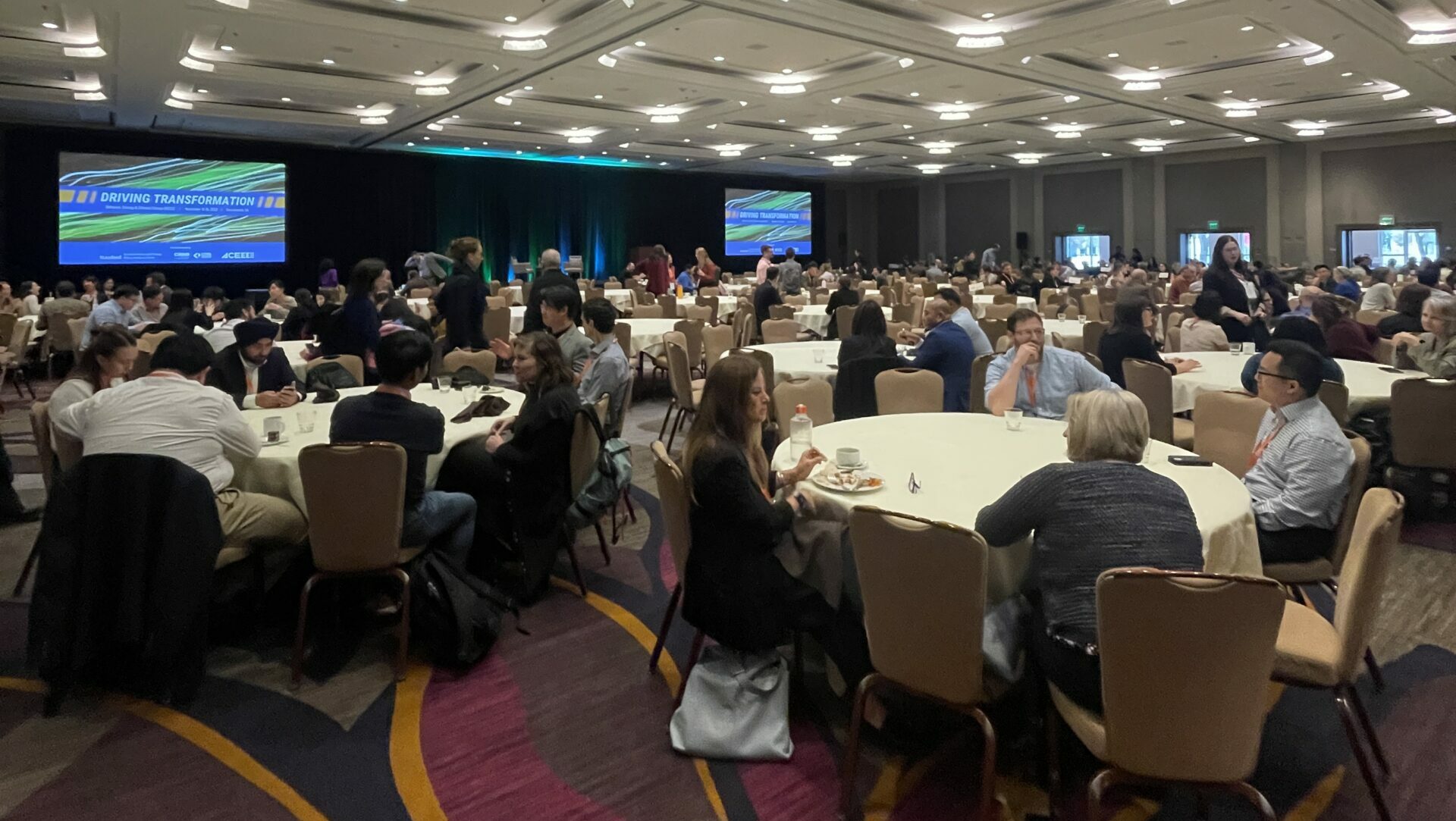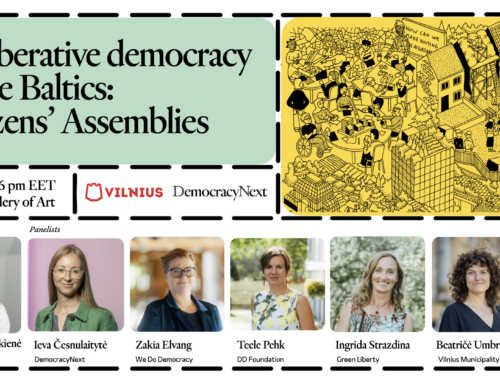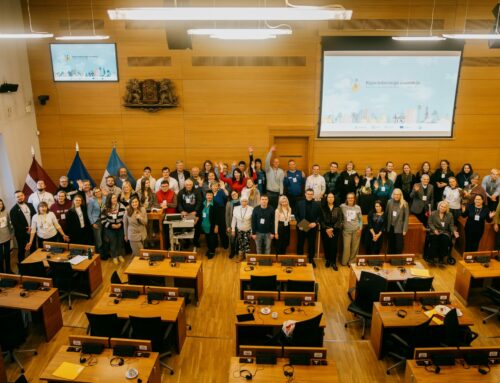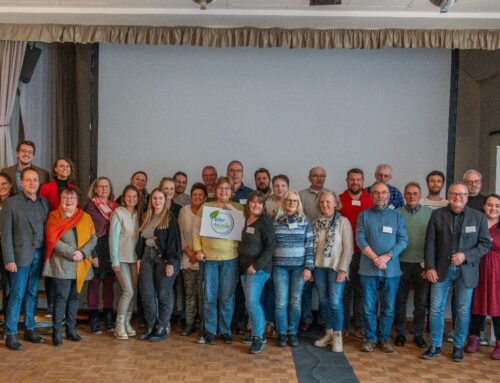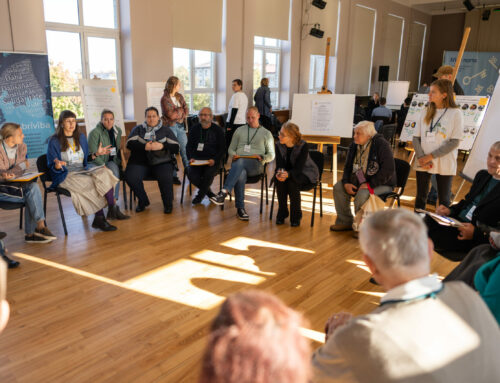Aelita Skaržauskienė from Vilnius Gediminas Technical University explained why Climate Assemblies can be a citizen engagement tool to deal with climate change at the BECC Conference that took place in Sacramento, California on Monday November 13th.
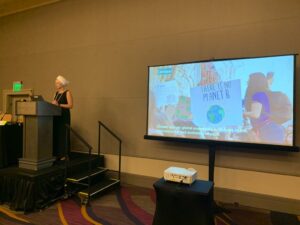
Figure 2. Aelita Skarzauskiene presenting CLIMAS at the BECC conference 2023
The presentation highlighted the urgency of actively involving citizens in addressing climate change by emphasizing the social, environmental, and economic consequences that such involvement can trigger. Recent examples of extreme weather events, such as floods in Germany and Belgium and heat waves with water shortages in several regions, showed a gap in the action of institutions, experts and stakeholders in providing adequate responses.
To address these challenges, the importance of actively engaging citizens in a wide range of climate adaptation actions is paramount. The aim is to foster the adoption of climate adaptation measures by collecting experiences from citizen involvement. This is desired both at the level of local communities as well as in European regions.
Aelita Skaržauskienė consider climate assemblies and living laboratories as effective tools for promoting active citizen participation in climate policy-making. Indeed, governments in France, the United Kingdom, Scotland, Ireland, Germany, Denmark, and Austria have developed several initiatives toward this aim.
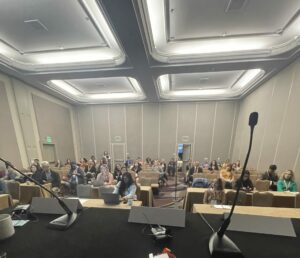
Figure 3. CLIMAS at the BECC conference 2023
Experts consider participatory processes crucial for stimulating deliberative democracy and involving citizens in the design of climate adaptation measures. CLIMAS’ main objective is to accelerate the transition to climate resilience by identifying mechanisms that can empower citizens and stimulate their participation in policy formulation. Thus, this can be done through the co-creation of tools and guidelines to support citizen involvement and deliberation.
The CLIMAS Consortium believes that innovative adaptation actions can be the result of active citizen involvement in Climate Assemblies. The ultimate goal is to generate effective proposals that stakeholders can incorporate into decision-making processes to tackle the climate emergency.
Follow us on LinkedIn, and Twitter, or subscribe to the newsletter to stay updated with the latest activities!
